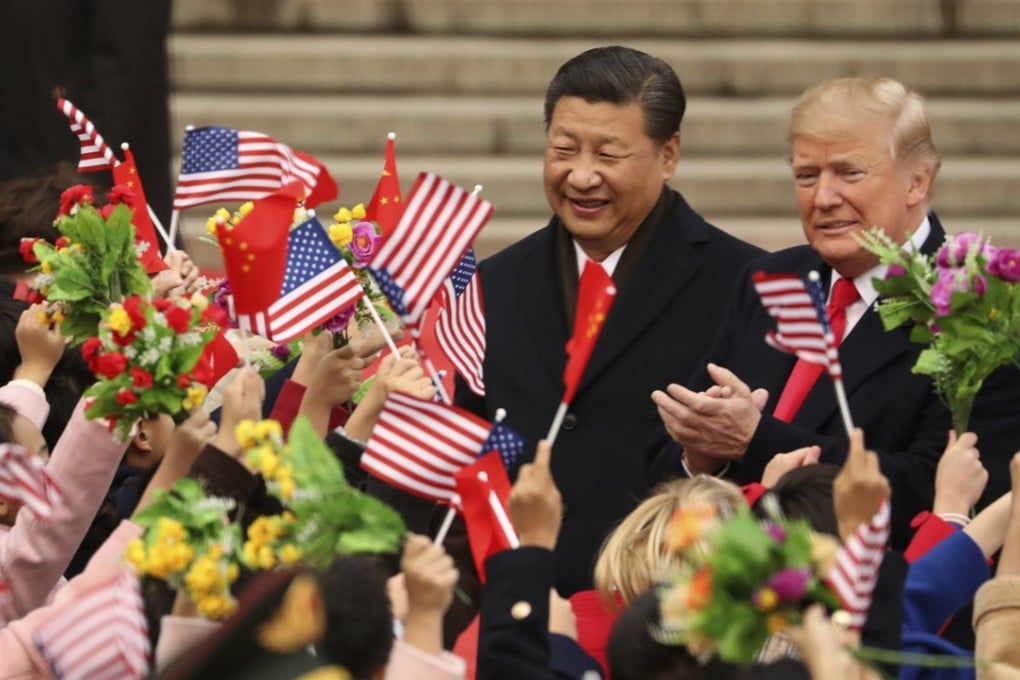China can fill diplomatic void created by Trump
The American leader’s foreign policy decisions since taking office almost a year ago have seemingly been about upending the world order. There is no better example of this than his decree recognising Jerusalem as Israel’s capital

The world’s nations need to work together if global challenges like climate change, nuclear proliferation, terrorism and instability are to be adequately dealt with. The United States has long had a key role in the process, using its status as the only superpower and creator of the global order through institutions such as the United Nations, Nato and World Bank to provide unity and direction. But US President Donald Trump’s unilateral diplomacy is driving a wedge between allies and alliances, creating uncertainty and threatening stability. China, fortunately, is well-placed to provide leadership.
Trump’s foreign policy decisions since taking office almost a year ago have seemingly been about upending the world order and bulldozing the achievements of his predecessor, Barack Obama. He has turned his back on hard-won agreements like the Paris climate change accord and raised doubts about the US’ commitment to the United Nations and other international organisations. Especially problematic was his announcement that the US embassy in Israel would be moved to Jerusalem, a violation of UN Security Council resolutions aimed at finding a peaceful solution to the Israeli-Palestinian conflict. It revealed how much at odds his thinking is with the rest of the world; a UN General Assembly vote soundly rejected the move, with 128 member nations voting against the decree.
The US under Trump is increasingly being viewed by other governments as untrustworthy and unreliable. That does not matter to the American leader, his “America first” policy having been put above all else, but it does to a world in need of stability. President Xi Jinping’s vision of nations cooperating for the global good through policies like the “Belt and Road Initiative” is comforting at such a time.
In the wake of Trump’s Jerusalem decision, a symposium of Israeli and Palestinian peace advocates was held in Beijing to improve communication. China has strong diplomatic and economic ties with both. It supports a two-state solution and Xi put forward a plan emphasising security, coordination and development when he met visiting Palestinian leader Mahmoud Abbas in July. The strategy of unbiased diplomacy, mediation and support adopted by Beijing is what the world needs to deal with its challenges, not Trump’s isolationism, erratic behaviour and bullying.
